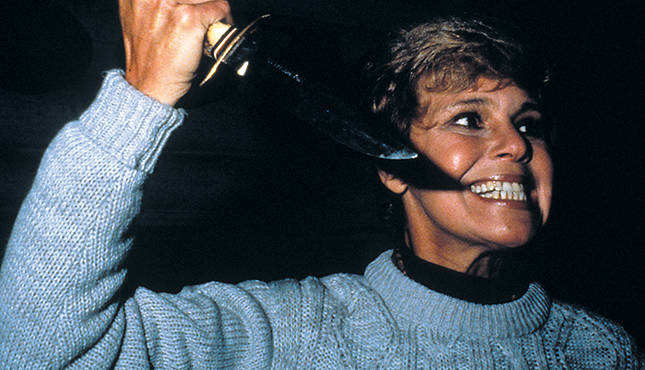Movies & TV / News
Victor Miller Wins Friday the 13th Copyright Termination Appeal
 Image Credit: Paramount Pictures
Image Credit: Paramount Pictures
Screenwriter Victor Miller has won the appeal to reclaim the rights to the original Friday the 13th film. The Hollywood Reporter’s Eriq Gardner broke the news on Twitter that Miller won in appeals court in regard to the legal battle between him and producer Sean S. Cunningham over the iconic 1980 slasher film. The appeals court affirmed the decision made by a court in 2018 granting Miller the copyright to the first film.
Miller used the termination right of the 1976 Copyright Act, which allows authors to regain their rights to a work after 35 years under certain conditions, to reclaim the rights to the film. Cunninghum argued that Miller wrote the script as work for hire and thus didn’t own the rights in the first place.
In the decision made by the appellate court, it was noted that Cunningham’s company argued that Miller was an employee of theirs while writing the script and that Miller’s membership in the Writer’s Guild of America, and participation in the producers’ collective bargaining agreement with the WGA, established him as an employee. The court rejected that argument and thus concluded that Miller was an independent contractor when he wrote the film, thus allowing him to be entitled to authorship rights.
The ruling does not necessarily end the war between Miller and Cunningham, noting, “Barring any reversal before a fuller panel at the 2nd Circuit or Supreme Court, Victor Miller will reclaim the domestic rights to the franchise.” There’s no indication whether Cunningham will appeal further.
The ruling grants Miller the copyright in the US to everything in the first film except the scene that featured a motorcycle police officer, which was an addition from another writer. The judge noted that he was not ruling on whether the copyright of the “monstrous” Jason from the sequels would apply and that Cunningham’s company could be able to argue that the character is distinct from the one who briefly appears at the end of the first film.
JUST IN: “Friday the 13th” screenwriter wins copyright termination appeal against producer. Full story to come. Here’s background: https://t.co/ujT1NAqqGo pic.twitter.com/b7eQstMToX
— Eriq Gardner ✍️ (@eriqgardner) September 30, 2021







